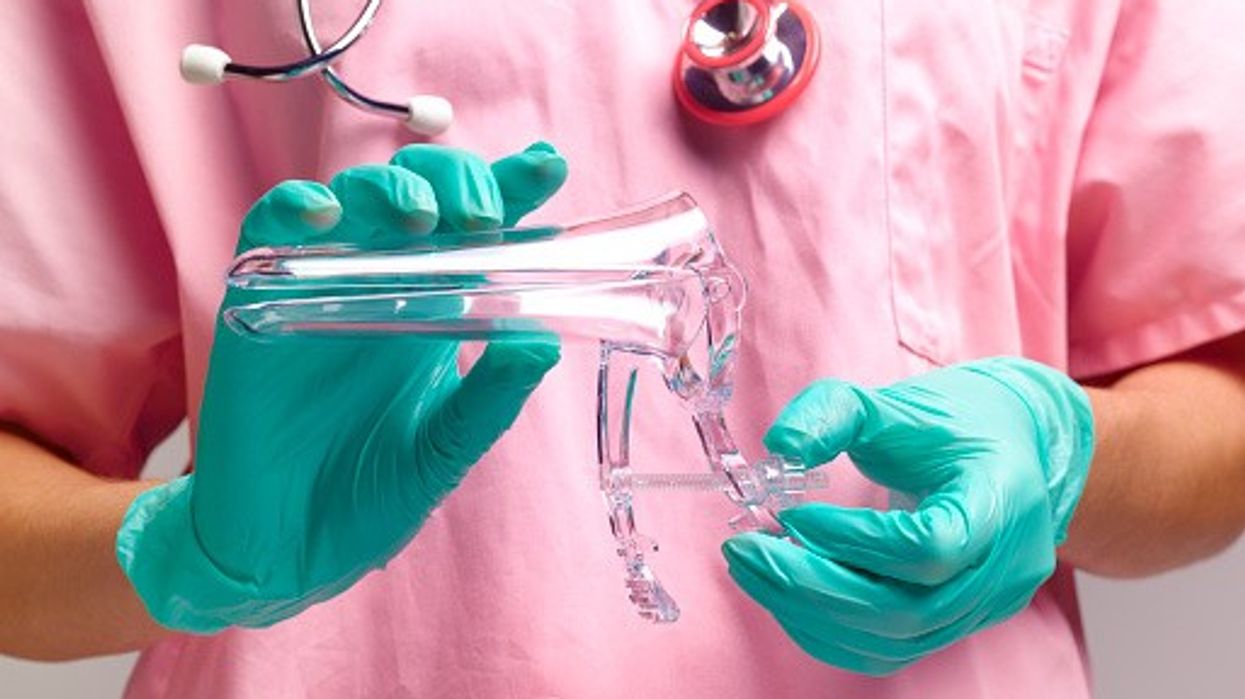Key Summary
- NHS England has launched at-home cervical screening kits to improve uptake among women aged 25 to 64.
- The discreet kits aim to overcome barriers like embarrassment and increase screening rates from 68.8 per cent towards the 80 per cent target.
- Early diagnosis through home testing is expected to boost survival rates and help tackle cervical cancer for all communities.
NHS England has created an innovative at-home human papillomavirus (HPV) testing, for women who are yet to take cervical screening service.
The DIY test kits which contain a long cotton wool bud to swab the vaginal lining is available from January.
Government data states that around five million women are still not attending cervical screenings.
While NHS England is aiming to reach 80 per cent of the female population, only 68.8 per cent had showed up for tests.
Common symptoms of cervical cancer are unusual vaginal bleeding – during or after sex, during periods, after menopause or excessive bleeding during periods.
Changes in vaginal discharge along with pain in the lower back, lower tummy, between pelvises or pain during sex are other common symptoms.
Embarrassment, discomfort, lack of personal time, religious and cultural concerns are considered as common reasons for the under utilisation of these services.
Along with this, disability, ethnic minority community members and members of the LGBTQ+ community also miss their appointments on a large scale.
The introduction of home DIY kits is expected to increase screening by 77 per cent.
The kits are delivered in discreet packaging with pre-paid return postage.
Women whose test results show cell changes need to see the doctor.
“We know the earlier cancer is diagnosed the better the chances are of survival. By making screening more convenient, we're tackling the barriers that keep millions of women from potentially life-saving tests," said Health Secretary Wes Streeting.
"Beating cervical cancer means beating it for everyone. At-home testing helps to bring us closer to that goal," Michelle Mitchell, chief executive of Cancer Research UK added.













